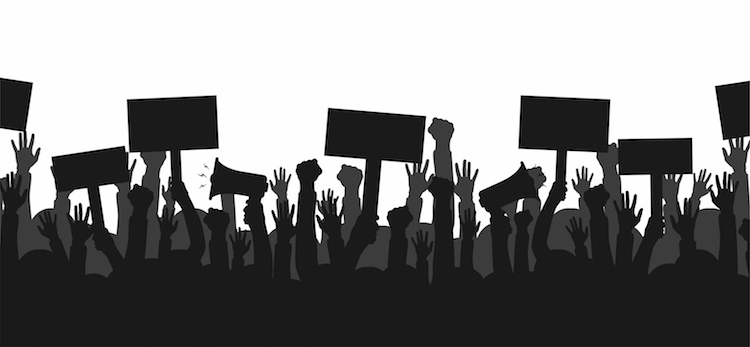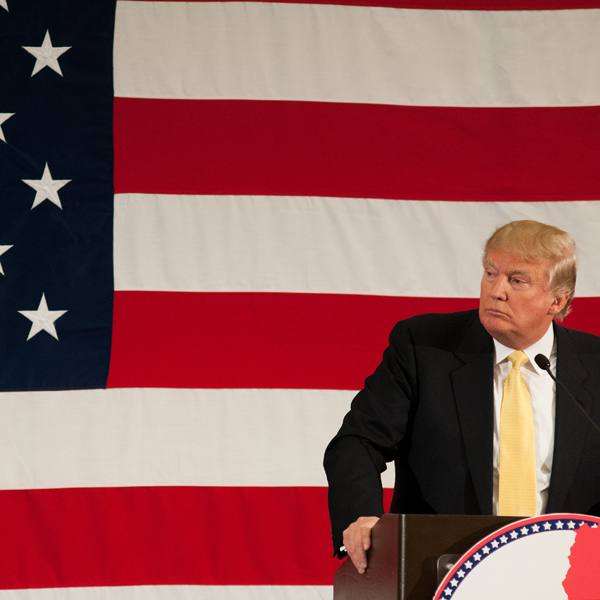2nd Circuit partly rules for jury-nullification advocate challenging limit on protests near courthouses

Image from Shutterstock.
A jury-nullification protester wasn’t able to persuade a federal appeals court that a New York law banning some protests near courthouses is unconstitutional on its face.
In a decision July 27, the 2nd U.S. Circuit Court of Appeals at New York reinstated the law but held that it was unconstitutional as applied to protester Michael Picard.
The New York law says a person is guilty of criminal contempt if, within 200 feet of a courthouse, he or she “calls aloud, shouts, holds or displays placards or signs containing written or printed matter, concerning the conduct of a trial being held in such courthouse.”
Picard was arrested in late 2017 outside a Bronx, New York City, courthouse for refusing to obey an officer who told him to move farther away from the courthouse. He was holding a sign that read “Jury Info” and passed out flyers that urged passersby to Google search the words “jury nullification,” according to the decision. He said he was not at the courthouse because of any particular trial.
An assistant district attorney declined to prosecute, but Picard sued, alleging a First Amendment violation. A federal district judge ruled that the statute was unconstitutional on its face.
On appeal, the state conceded that the statute protected Picard’s “generalized, nondisruptive jury-nullification advocacy.” The 2nd Circuit agreed that an injunction banning enforcement of the statute as applied to Picard was warranted.
But the court said it was doubtful that any facial challenge to the statute could succeed.
“Even if other challenges to the statute’s facial constitutionality could have merit, the lack of factual development here makes clear that the district court erred by striking down [the law] altogether,” the appeals court said in an opinion by Judge Gerard E. Lynch.
A partial dissent argued that the law was unconstitutional on its face and as applied to Picard. The law “violates the First Amendment because it is overbroad in prohibiting speech entitled to First Amendment protection and overbroad in its geographic scope,” wrote Judge Jon O. Newman.
Hat tip to Reuters, which had coverage of the case, and to Short Circuit, which had coverage in its weekly newsletter.
Write a letter to the editor, share a story tip or update, or report an error.



